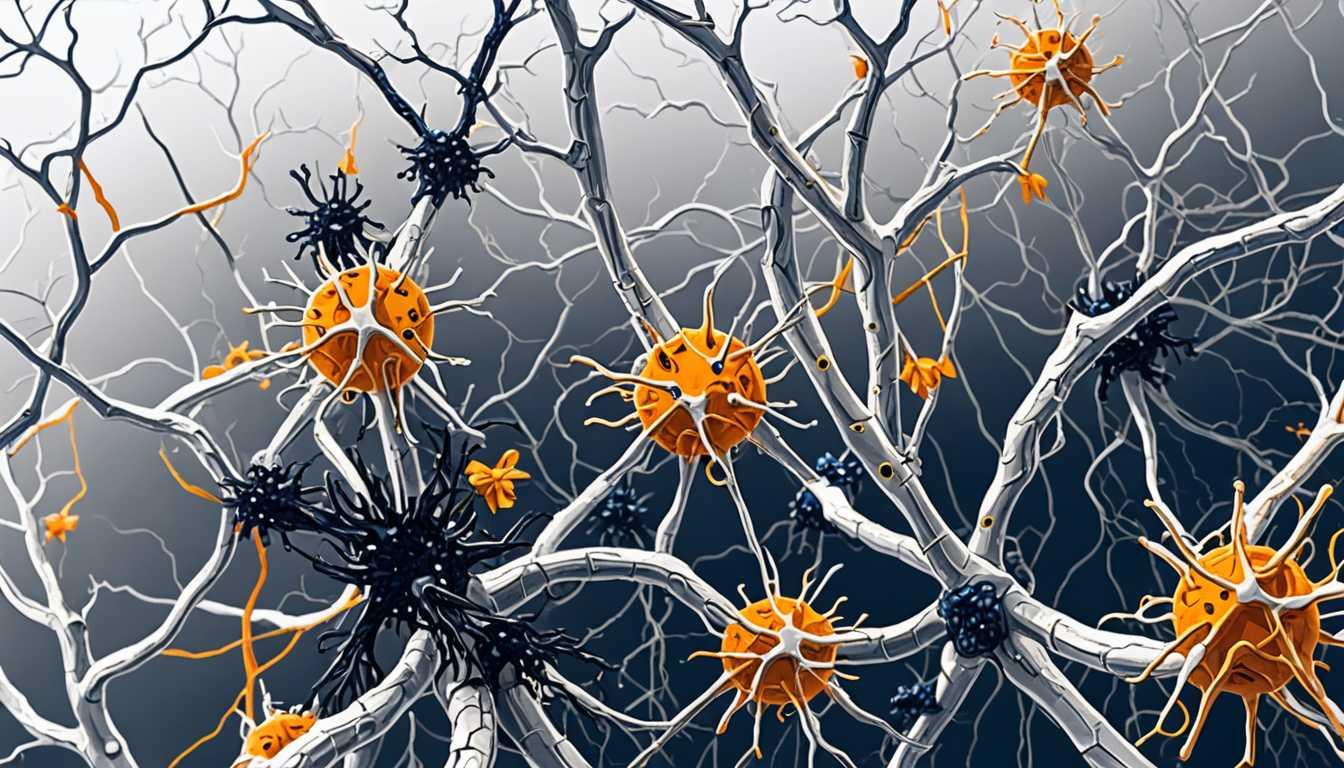Transcription Factors: The Ultimate Multitaskers
July 2023
Massachusetts Institute of Technology (MIT)
Introduction
Dive into the world of gene regulation with a twist from MIT’s latest discovery: transcription factors are not just DNA and protein aficionados; they're also flirting with RNA! Imagine finding a new tool in your Swiss Army knife – that's how scientists feel uncovering this game-changing trifecta. This revelation could revolutionize our understanding of gene expression and open doors to innovative RNA-based treatments. Ready to unravel the secrets of these molecular multitaskers? Let’s explore how they're rewriting the rulebook of biology!
READ FULL ARTICLEWhy It Matters
Discover how this topic shapes your world and future
The Dance of Life's Blueprint
Imagine you're at a dance, where the music controls every move you make, but there's a twist: the music can change any second, dictating a different dance style. In the grand ballroom of life, transcription factors are like the DJs, deciding which genes (or dance moves) get highlighted on the dance floor of our cells. These microscopic maestros bind to DNA, proteins, and, as recent discoveries show, RNA, orchestrating the complex ballet of gene expression that keeps us alive and functioning. This revelation is like finding a hidden switch on your favorite gadget that unlocks a whole new set of features you never knew existed. Understanding how transcription factors work not only satisfies a curiosity about the very fabric of life but also opens doors to innovative treatments for diseases by tweaking the volume of genes' activity. For you, this might mean a future where medicine is personalized not just to the illness but to your body's unique genetic symphony.
Speak like a Scholar
Transcription Factors
Proteins that act as the 'DJs' of the cell, deciding which genes are turned on or off.
Gene Expression
The process by which information from a gene is used to create a functional product, like a protein, akin to choosing which song to play at a party.
RNA (Ribonucleic Acid)
A molecule that plays a crucial role in reading and translating the genetic code, like the lyrics to the songs the DJ plays.
DNA Binding Sites
Specific locations on the DNA where transcription factors attach, much like a DJ setting up their equipment in the best spot.
Regulatory Sequences
Sections of DNA that control the activity of genes, essentially the playlist for the night.
RNA-based Therapeutics
Treatments designed to interact with RNA, offering a new way to adjust the volume on the gene expression stereo.
Independent Research Ideas
The Symphony of Silence - Investigating How Transcription Factors Suppress Gene Expression
Explore the quieter side of the genetic orchestra, focusing on how certain transcription factors turn down the volume on genes, and the implications this has for understanding genetic diseases.
Dancing with DNA - The Choreography of Transcription Factors and DNA Binding Sites
Dive into the intricate dance between transcription factors and their DNA partners, examining how this relationship influences the overall performance of our genetic material.
RNA - The Unsung Hero of Gene Regulation
Uncover the role of RNA in the grand performance of gene expression, focusing on how its interaction with transcription factors fine-tunes the genetic symphony.
The Evolution of the Genetic Orchestra - Tracing the Development of Transcription Factors Across Species
Conduct a cross-species analysis to see how the role of transcription factors in gene regulation has evolved, providing insights into the universal principles of life.
Harmonizing Health - The Potential of RNA-based Therapeutics in Personalized Medicine
Investigate the future of medicine by exploring how RNA-based therapeutics could be tailored to individual genetic makeups, offering more precise and effective treatments.
Related Articles

Cracking Alzheimer's Code: MIT's Breakthrough
January 2023
Massachusetts Institute of Technology (MIT)

A11: A New Dawn in Alzheimer's Fight
September 2023
Massachusetts Institute of Technology (MIT)

Vaccines That Teach Peace
September 2023
MIT Technology Review

Brain's Memory VIPs Unveiled
May 2023
Cornell University

Mapping the Brain: Cell by Cell
December 2023
Harvard University